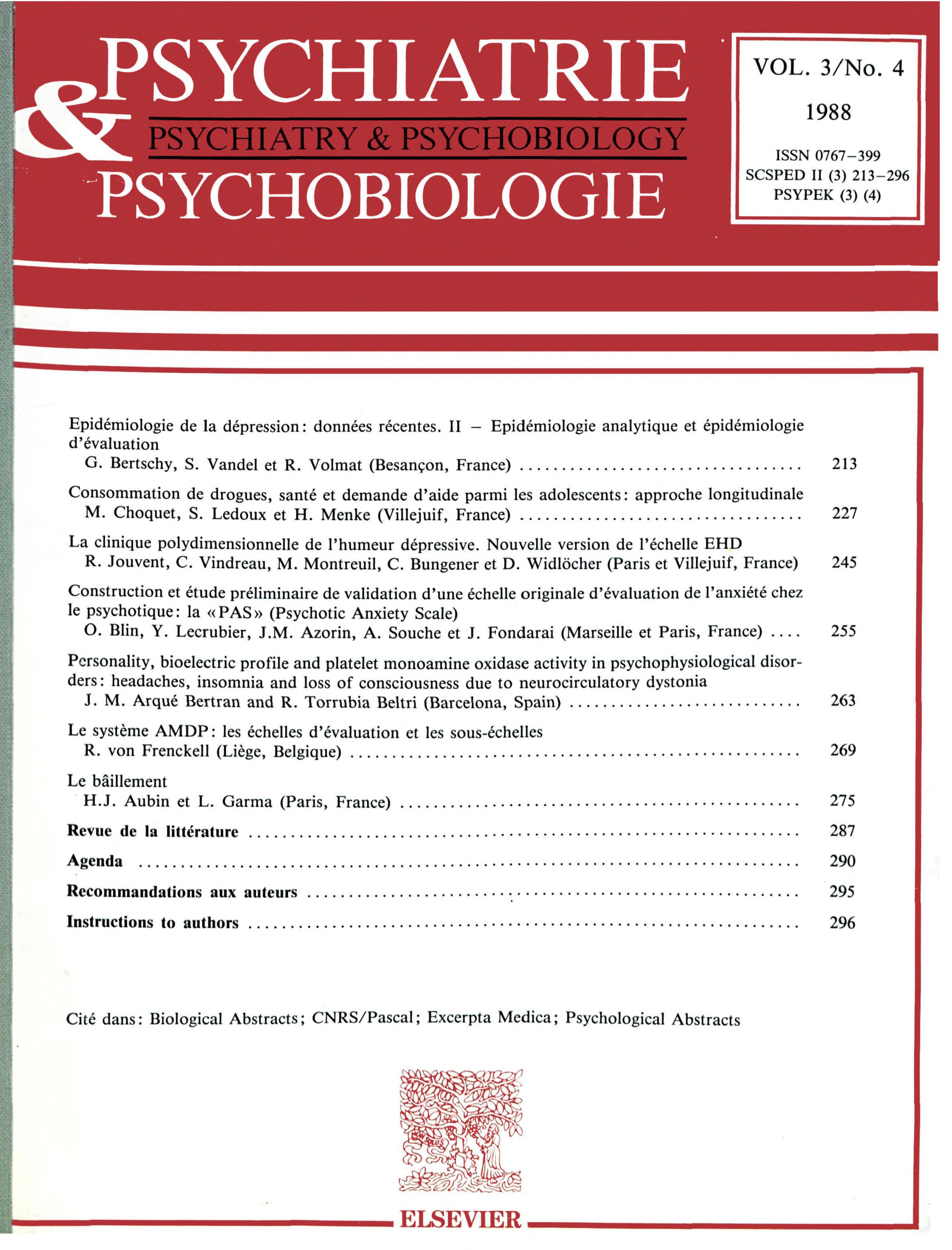No CrossRef data available.
Article contents
Estudio prospectivo del volumen y la función del hipocampo en sujetos humanos tratados con corticoesteroides
Published online by Cambridge University Press: 12 May 2020
Resumen
La disminución del volumen del hipocampo comunicada en trastornos neuropsiquiátricos y endocrinos se considera resultado de un daño neuronal putativo mediado por corticoesteroides. Éste es el primer estudio prospectivo del volumen y la función del hipocampo en pacientes tratados con corticoesteroides.
Se sometió a 14 sujetos tratados sistémicamente con prednisona o betametasona por trastornos dermatológicos o reumáticos a pruebas neurocognitivas prospectivas (Prueba de Aprendizaje Verbal Auditivo [AVLT], Prueba del Trazo [TMT], Amplitud de dígitos [AD]) y nueve de ellos repitieron también una volumetría de resonancia magnética.
La duración media del tratamiento entre la primera evaluación y la segunda fue 73 ± 38 días con dosis diaria media de 37 ± 17 mg de prednisona y 193 ± 29 días, con dosis diaria media de 24 ± 15 mg de prednisona, entre la primera evaluación y la tercera. Hubo una tendencia a disminuciones en las puntuaciones totales de la AVLT y una mejoría en la TMT y la AD, pero ausencia de cambios significativos en el volumen de los hipocampos derecho o izquierdo entre las evaluaciones. La dosis de prednisona no correlacionaba con el cambio de volumen del hipocampo.
Observamos una tendencia a la disminución en la memoria verbal a pesar de la mejora en la velocidad psicomotriz, la atención/memoria operativa y una ausencia de cambios del volumen macroscópico del hipocampo durante los 36-238 días de tratamiento con dosis terapéuticas de corticoesteroides.
- Type
- Original
- Information
- Copyright
- Copyright © European Psychiatric Association 2006




